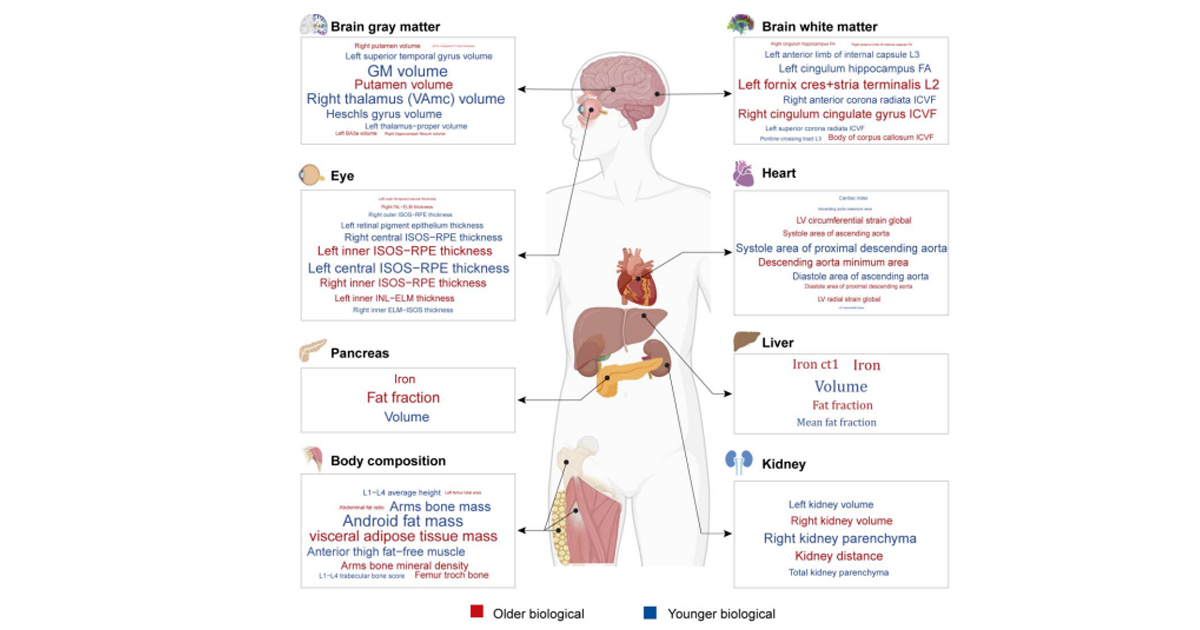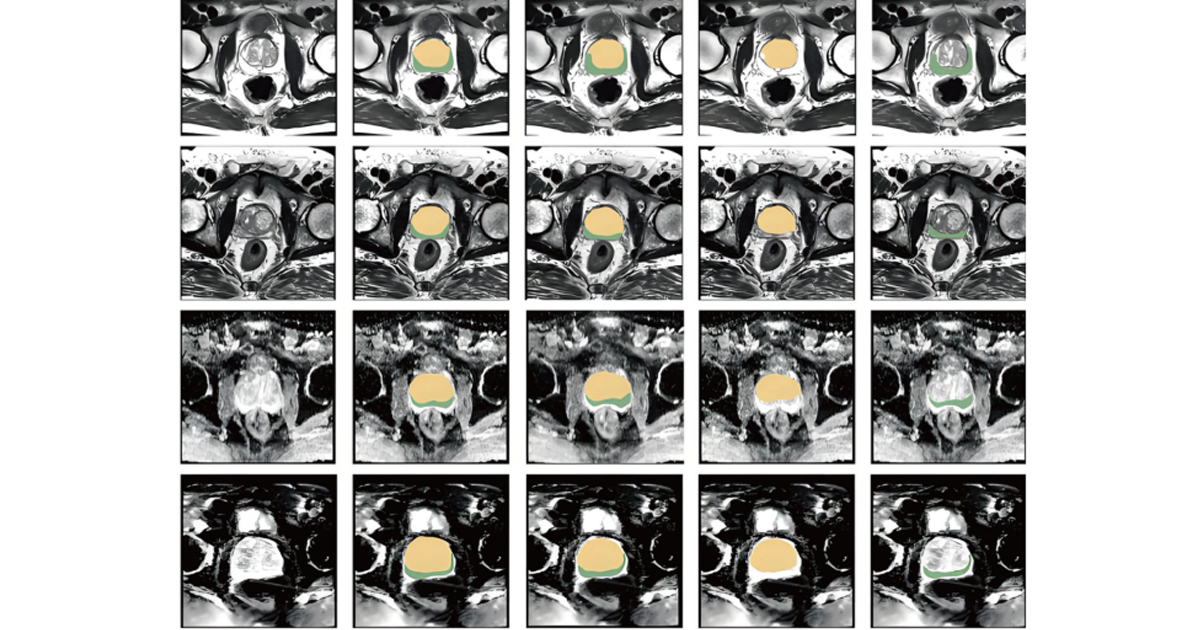El estudio fue financiado principalmente por el Instituto Médico Howard Hughes y los Institutos Nacionales de Salud, en búsqueda de nuevos tratamientos para pacientes con tumores cerebrales.
Investigadores de Yale, encontraron un método para traspasar las defensas naturales del cerebro cuando llegan a ser contraproducentes. La investigación fue publicada en la revista Nature.
“La gente había pensado que era muy poco lo que el sistema inmunitario podía hacer para combatir los tumores cerebrales”, explicó Akiko Iwasaki, autora principal del estudio, quien se desempeña como profesora de inmunobiología y de biología y desarrollo celular.
Por su parte, Jean-Leon Thomas, profesor de neurología en Yale, también coautor de esta investigación realizó anotaciones sobre el Factor de crecimiento endotelial vascular (VEGF-C, por sus siglas en inglés), gen que estimula los vasos que recubren el interior del cráneo y además recolectan los desechos de tejido, para ser eliminados por el sistema linfático. El planteamiento de Thomas sugiere si el VEGF-C podría aumentar la respuesta inmune si se aumentara el drenaje linfático.

“El equipo introdujo VEGF C en el líquido cefalorraquídeo de ratones con glioblastoma y observó un mayor nivel de respuesta de las células T a los tumores en el cerebro. Cuando se combina con inhibidores de puntos de control del sistema inmunológico comúnmente usados en inmunoterapia, el tratamiento con VEGF-C extendió significativamente la supervivencia de los ratones. En otras palabras, la introducción de VEGF-C, junto con fármacos de inmunoterapia contra el cáncer, aparentemente fue suficiente para atacar los tumores cerebrales”, explican en el comunicado de prensa de la Universidad de Yale sobre este avance.
El propósito de la investigación es dar a conocer que es posible llevar este tipo de tratamientos a pacientes con glioblastoma y brindar una alternativa a las quimioterapias.







